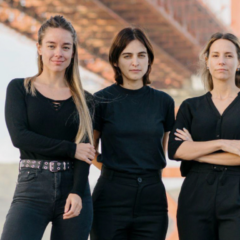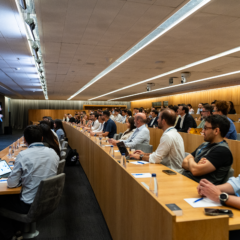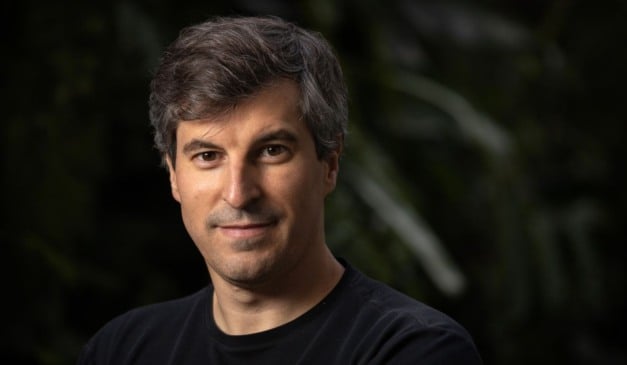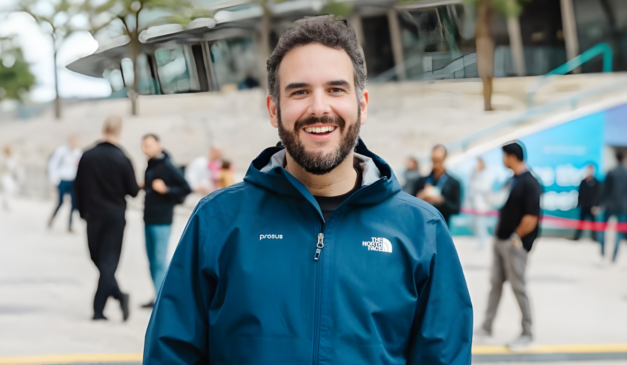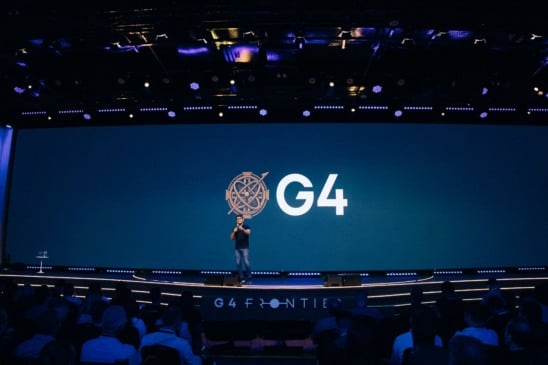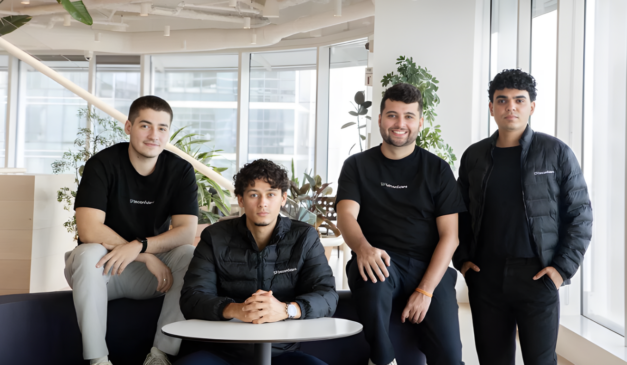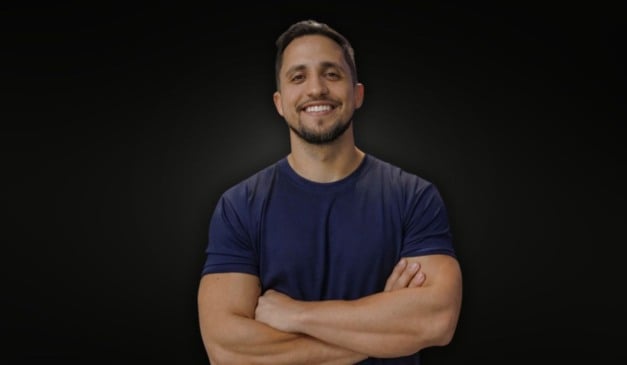
Essa história também está disponível em português
After selling his company VivaReal to OLX, Brian Requarth found himself with an unexpected US$ 100 million bill. The debt was due taxes in the US – a country in which the proptech never operated – as a result of the corporate structure that Brian created for his business on day 1, which was not the optimal one. The costly experience was one of the reasons for creating a new line of business at Latitud, Brian’s latest endeavor – together with Gina Gotthilf and Yuri Danilchenko.
Through Latitud Go, he wants to solve the problems of founders who need to set up a startup offshore. “Stock options and other legal issues are not what a founder should spend his or her time on”, explains Brian.
Latitud Go‘s strategy is to make the process more accurate, at a cost that is 5 times lower and in a much shorter period – about 2 months – than what traditional offices and specialists can do. All of this with just a few clicks on the website and a credit card. The client has to fill in a 5 minutes form, providing information about the company and its founders.
To make the process easier for startups, Latitud is investing in technology and placing its bets on standardization company documents. The idea, according to Brian, is not to reinvent the system, nor to create a structure that is too vertical. The company has partnered with law firms Carey Olsen, Gunderson Dettmer, and Bronstein Zilberg, as well as the Silicon Valley Bank, fintech Conta Simples, Carta (the captable management tool), and BHub (in which Latitud has already invested).
Brian hopes that word of mouth and partnerships with venture capital funds will help promote the new business. The company is focused in Brazil, aiming for an expansion to Latin America after the service is stabilized, says Yan Mendes, Latitud’s product manager. Stripe has a similar strategy with Atlas – which Brian has even tried to bring to the region – but the focus is on US companies.
Offshore
When investing in a startup, investors prefer offshore construction, because they facilitate the procedures. Usually, they consist of a “sandwich” of 3 layers: a company in Cayman, another in the USA (the famous Cayman-Delaware) and the operation in Brazil.
The arrangement has nothing to do with foreign exchange fraud or maneuvers to dodge regulators and pay fewer taxes – although eventually, the bill can get a little cheaper. Since many funds and investors have resources outside Brazil, it is easier for them to transfer resources. Also, when it’s time to do a due diligence for a sale or even a new investment, being in Cayman-Delaware speeds things up.
According to Brian, the best – and cheapest – strategy is to start a business with this structure instead of setting up this arrangement after the business is already operating (a process known as “flipping”). “If the founder is serious about raising money through venture capital, everyone is going to want these structures. To have this in advance is to arrive in the field already playing the game. Flipping is much more expensive than having this structure since day 1”, he points out.
Despite being widely accepted, the setup is criticized by some players. They say investments in Brazilian companies should be made through structures in Brazil. Brian agrees but stresses that the offshore layout is what investors are asking for at the moment. “If anyone from the government wants to come and talk to me about best policies to improve the regulatory environment, I’m here for you,” says Brian.
(translation by Gabriela Del Carmen)
